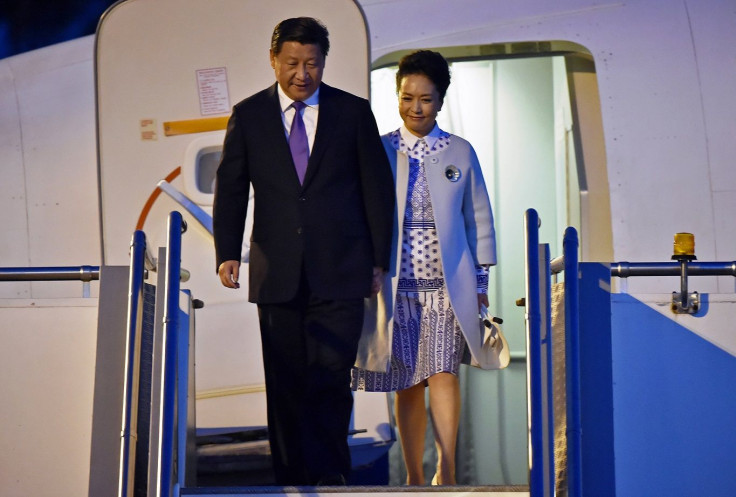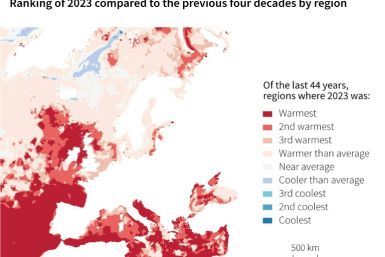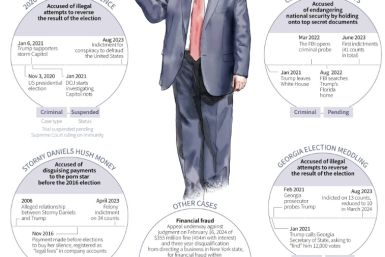China Beige Book says China is not collapsing, outlook continues to look grim but monetary conditions improving

China Beige Book, the largest private database in the world and sole source of independent economic data, claims that China's economy is not on the brink of collapse although its outlook based on several figures and conditions appears grim. It appears there is still hope yet as monetary conditions in the country continue to improve, especially in relation to cumulative policy easing measures.
Based on a survey of over 21,000 companies, China Beige Book International said that China is not entirely in a slump. Manufacturing may have gone through its most sluggish period yet but services continue to be strong in terms of year-to-year terms and quarter-to-quarter growth. Although China's exports can be considered weak, they are not entirely key to the overall growth of the economy, the report further noted (via The Wall Street Journal).
"In the aftermath of the stock market collapse and a surprise currency action in August, global sentiment on China has veered sharply bearish — too bearish," Leland Miller, president of CBB claimed.
"While we have long cautioned clients against relying on rosy official views of the Chinese economy, we believe sentiment has swung substantially too far in the opposite direction," he added.
In another report from Forbes, the economic slowdown of the country not only raises alarms across markets but also specifically on credit. Economists and policy makers are in agreement about rebalancing the economy so it is less reliant on export growth and investment. Rather, the focus should on consumer spending.
According to Maarten-Jan Bakkum, Senior Strategist, Emerging Market Equities at NN Investment Partners (NNIP) -- a Dutch asset management company -- growth may decline but it should be more sustainable and balanced.
"It soon became clear that Chinese policy makers were only marginally interested in rebalancing the economy in the short term. The credit-driven investment model, in which the primacy for the most important economic decisions lies with the government, remained intact,” she said.
Nonetheless, it is important to stress that the sectors with the largest excess capacity are still yet to be addressed. For instance, overcapacity remains significant in industries like steel, aluminium and housing market.
Contact the writer at feedback@ibtimes.com.au, or let us know what you think below.






